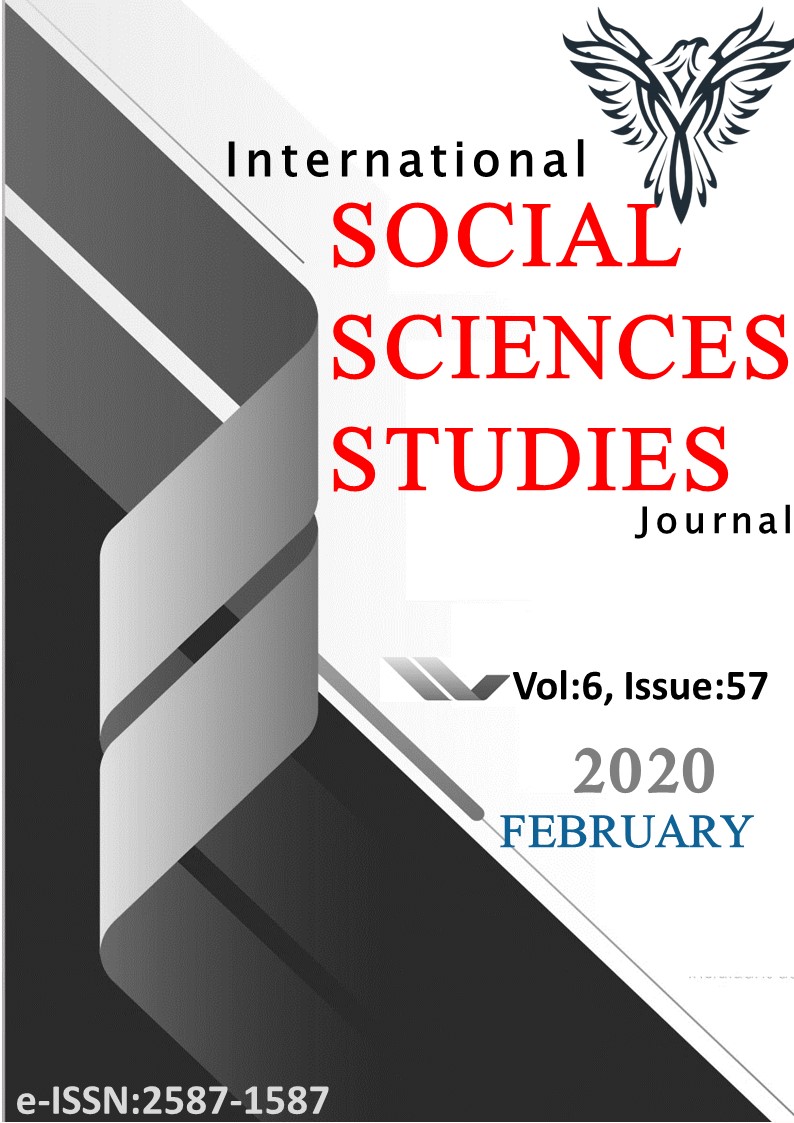Author :
Abstract
Kutsal kitaplar, peygamberlere sadece mana olarak mı yoksa hem lafız hem de mana olarak mı bildirildiği hususu hep tartışılmıştır. Kur'an'ın mana yönüyle Cenab-ı Hakk'a ait olduğu hususunda İslam âlimleri hemfikirdirler. Ancak lafız ve mananın aidiyeti hususunda; mananın Allah’a, lafzın Hz. Peygamber’e veya Cebrail'e (a.s.) ait olması; ya da hem lafzın hem de mananın Allah’a ait olması gibi değişik görüşler ileri sürülmüştür. İlâhî hitapta lafız–mana aidiyeti hususunda zikredilen görüşler içerisinde racih olanı, Kur'an'ın manaları gibi, lafızlarının da Allah'a ait olması, bunlarda Cebrail'in (a.s.) hiçbir müdahale ve katkısının olmaması, Hz. Peygamber'in de bu lafızları işitip ve onları İlâhî kudret ile olduğu gibi kavrayıp aktarmasıdır. Hristiyan inancında da Kutsal Kitabın, Ruh tarafından ilham edildiği ve dolayısıyla bu kitapların asıl yazarının Tanrı olduğuna inanılmaktadır. İnsanların da, Tanrı tarafından bu yazma işinde kullanılan vasıtalar olduğu kabul edilmektedir. Bu yaklaşım Hristiyanları, literal ilham fikrine yönlendirmiştir. Bu fikre göre Mukaddes Kitap'taki tüm ifadeler; Tanrı katından yazdırılmıştır. Literal ilham düşüncesi, Yahudilikte ve de Hristiyanlıkta, asırlarca süregelen bir inanış olmuştur. Ancak, eleştirel ve edebî Kitab-ı Mukaddes çalışmalarıyla birlikte, literal ilham düşüncesi sarsılmış ve Hristiyan teolojisi tarafından, Kutsal Kitabın hem İlâhî hem de beşerî olduğu kabul edilmiştir. Bu makalede Kur'an'ın, mevcut Tevrat ve İncil'ler den farklı olarak, İlâhî iradeyi bizzat İlâhî hitapla olduğu gibi aktarması yönüyle özel bir değer taşıdığı, lafız veya mana bakımından inşasında harici bir müdahalenin olmaması nedeniyle, İlâhî hitabın orijinal ifadesi olduğu meselesi ele alınacaktır.
Keywords
Abstract
The scriptures have always been debated as to whether the prophets are reported only as meaning or both in terms of words and meaning.Islamic scholars agree that the Quran belongs to Allah Almighty. However, different opinions have been put forward about who the word belongs to. Your meaning is to Allah, your word is Hz. Belongs to Mohammed or Gabriel; or different views such as the word and its meaning belonging to Allah. The preferred view among the opinions mentioned in the revelation about who the word and the meaning belong to is that the words belong to Allah, as the meaning of the Qur'an, and that there is no interference by Gabriel. Hz. It is the Prophet's hearing these words and grasping them as they are. In the Christian faith, it is believed that the Bible was inspired by Spirit, and therefore the true author of these books was God. Humans are also considered to be tools used by God in this writing work. This approach led Christians to the idea of literal inspiration. According to this idea, all the statements in the Bible; Printed on the floor of God. Literal thought has been a belief in Judaism and Christianity for centuries. However, along with his critical and literary Bible studies, the thought of literal inspiration was shaken and accepted by the Christian theology that the Bible was both Divine and human. In this article, it will be studied that the Quran has a special value in terms of transmitting the Divine Will as it is with the Divine address, unlike the existing Torah and Bibles. Since there is no external intervention in the construction of the Quran in terms of words or meaning, the issue will be addressed as the original expression of the Divine address.





